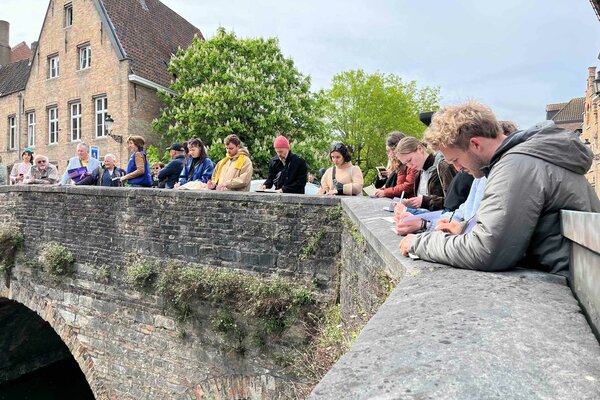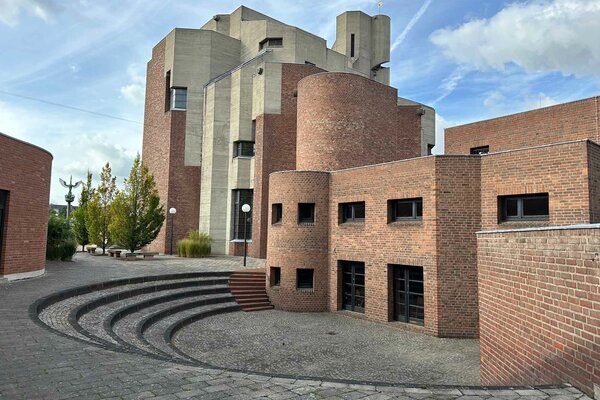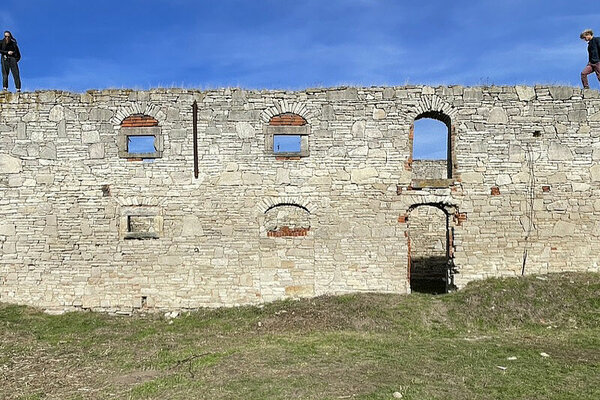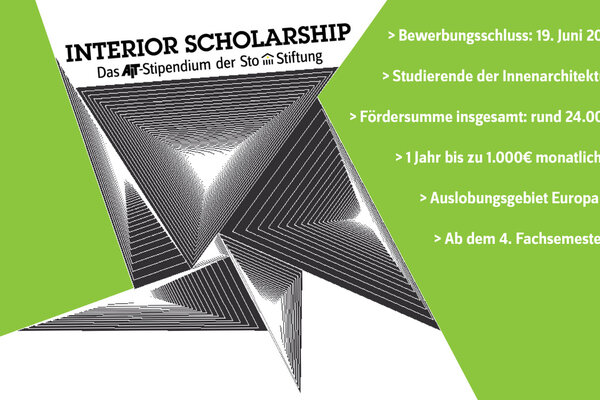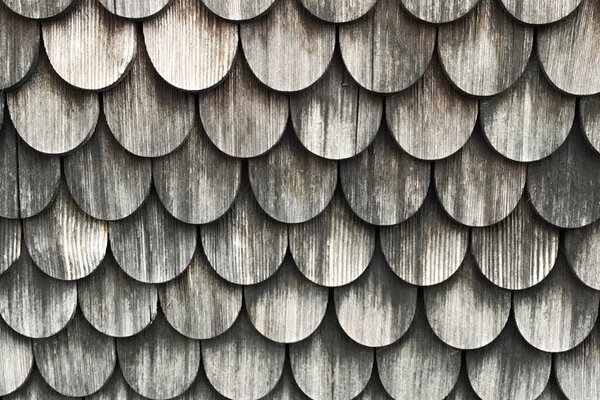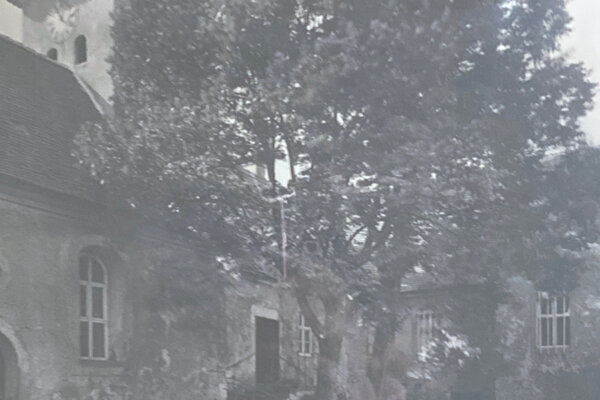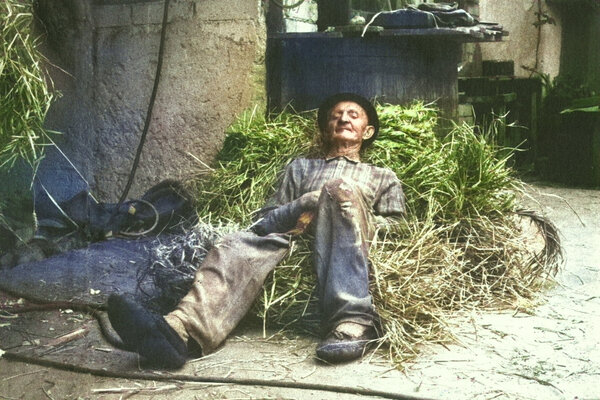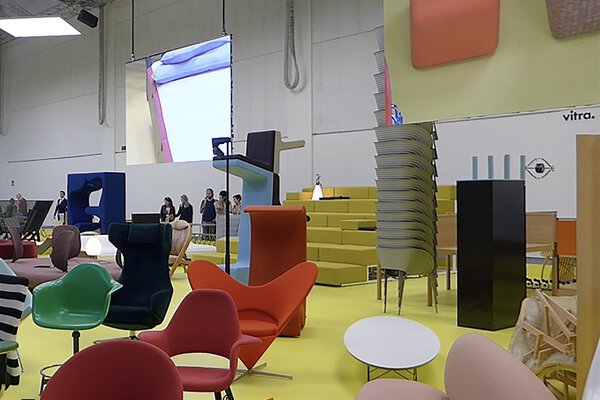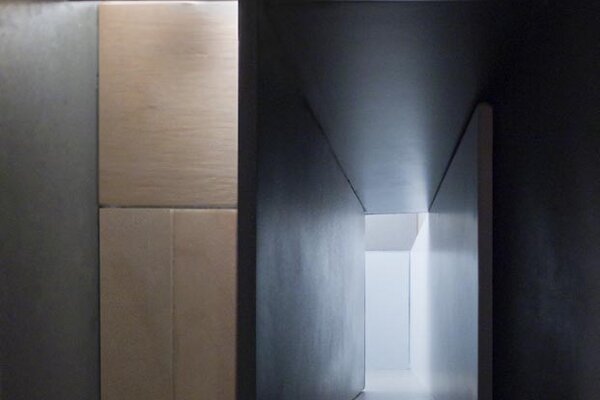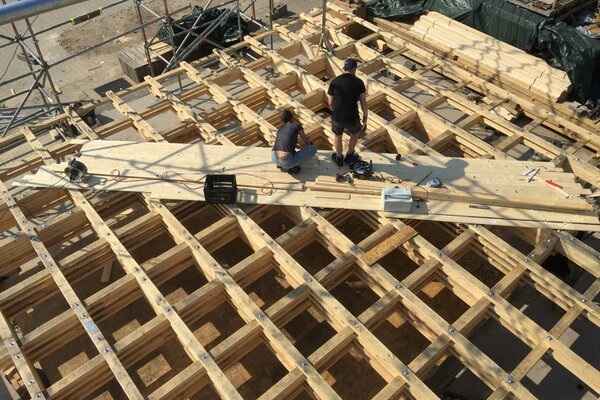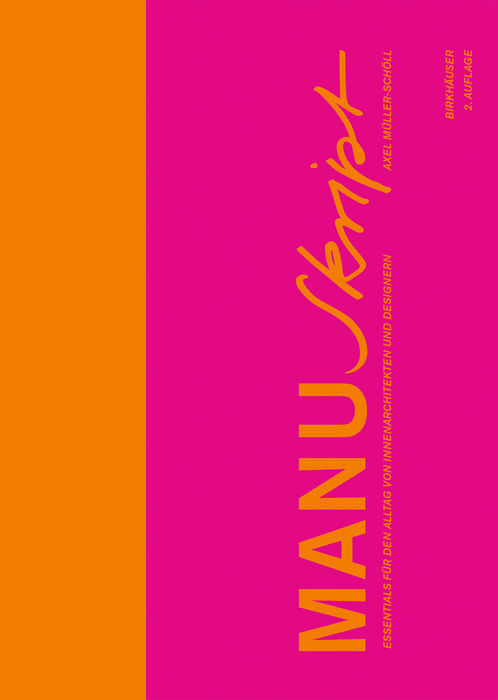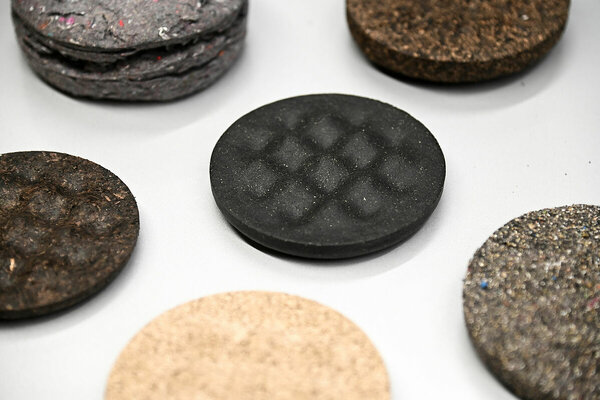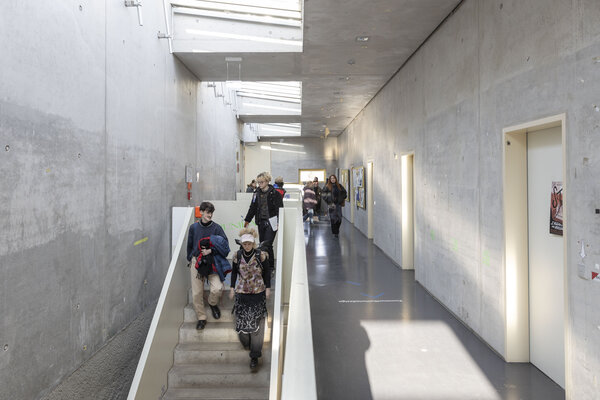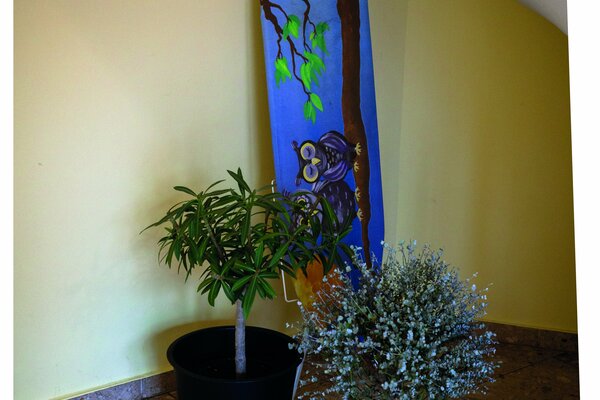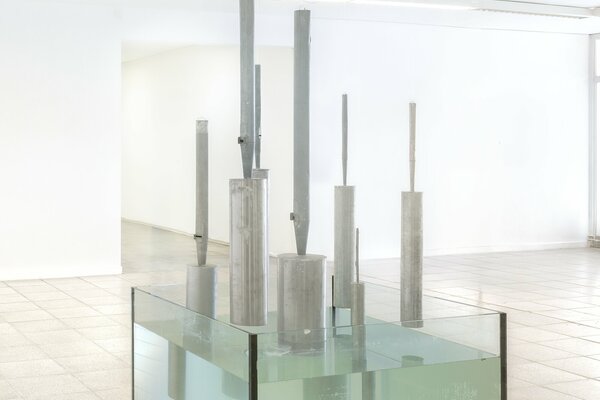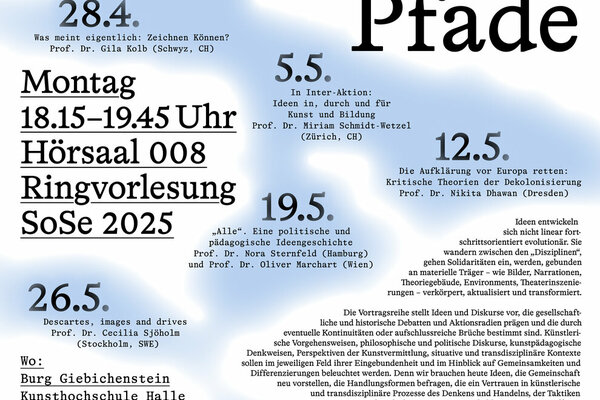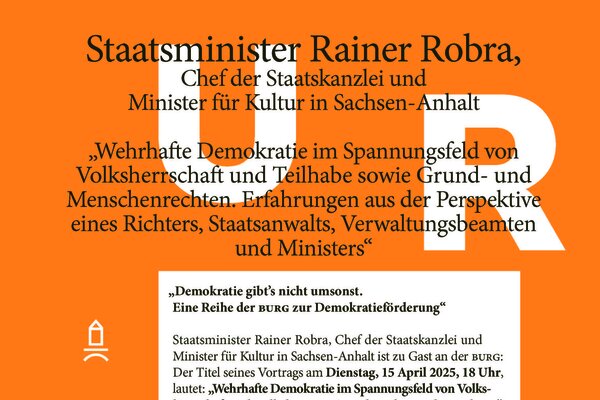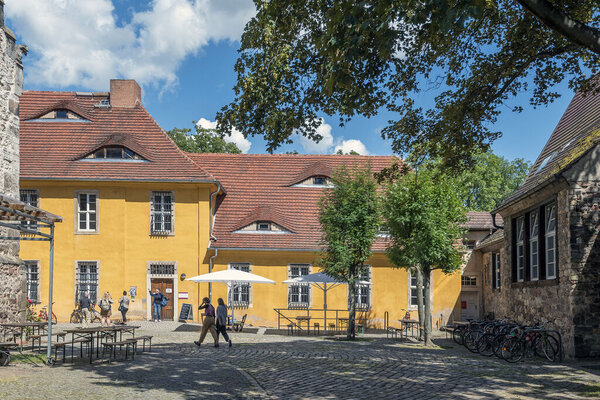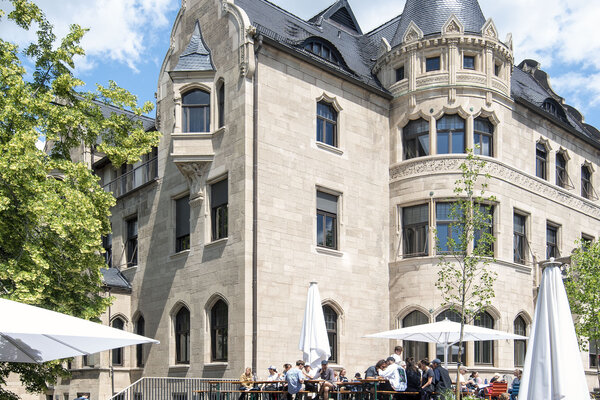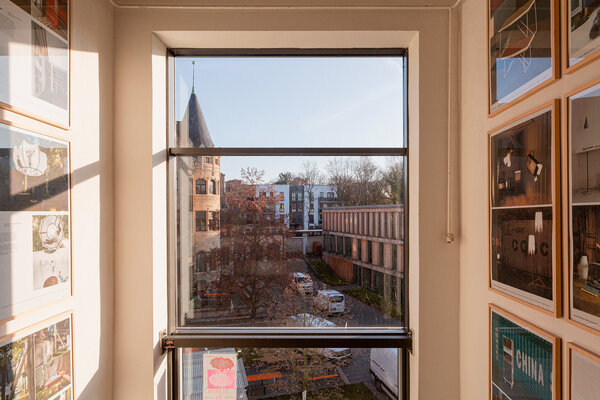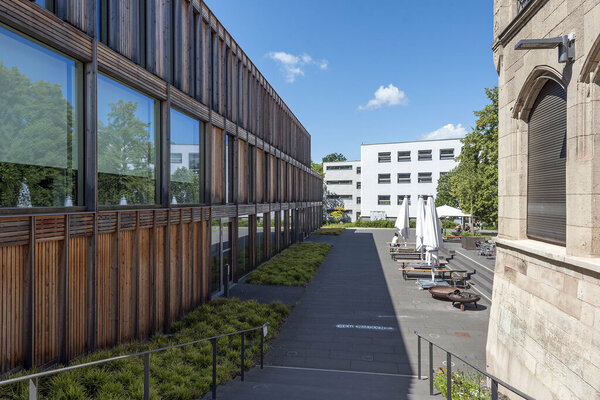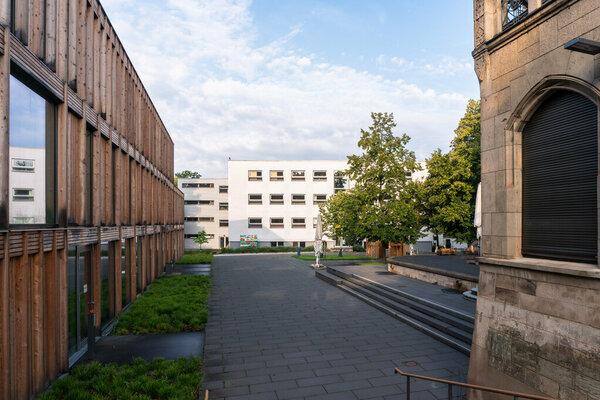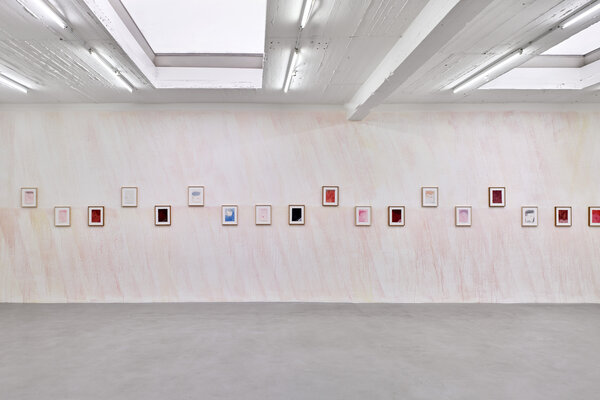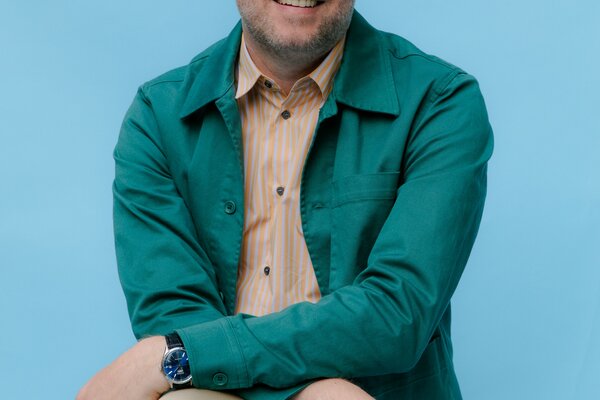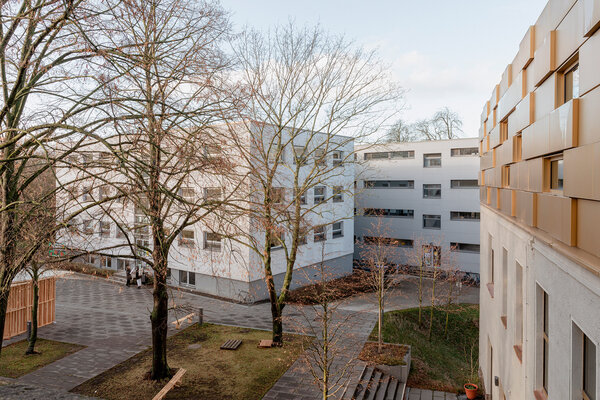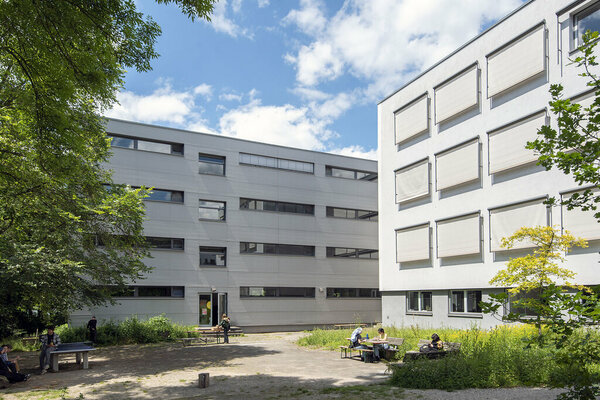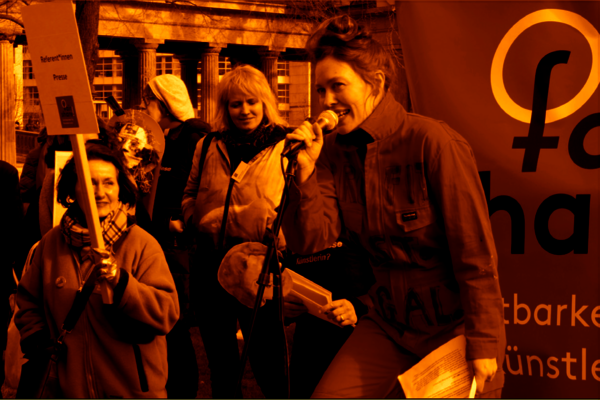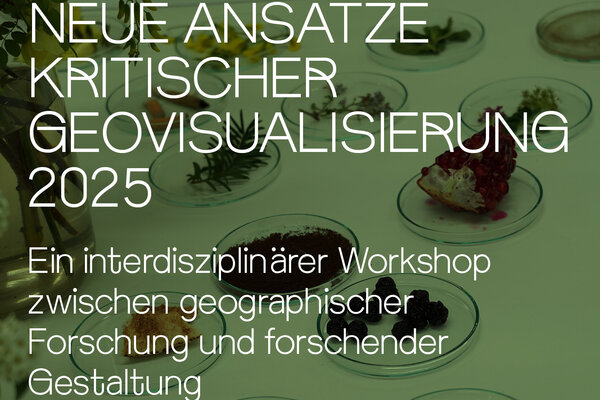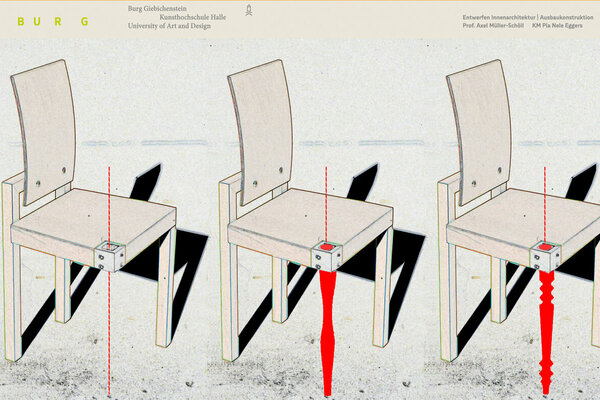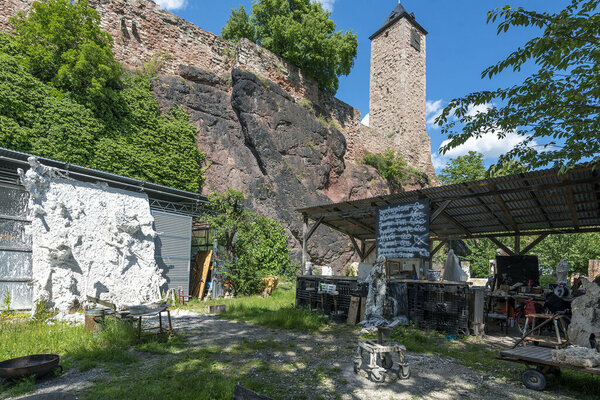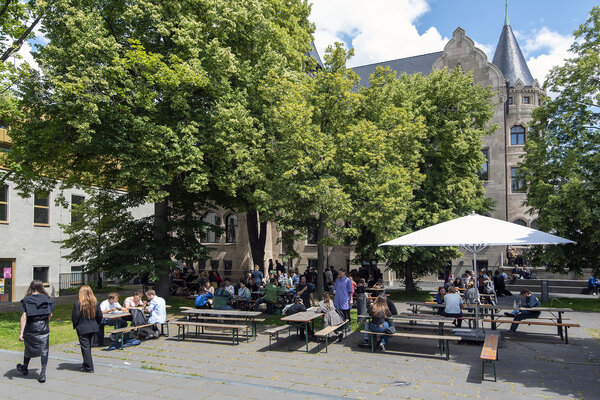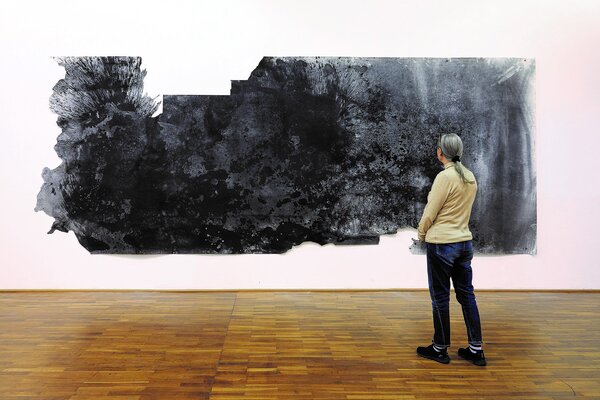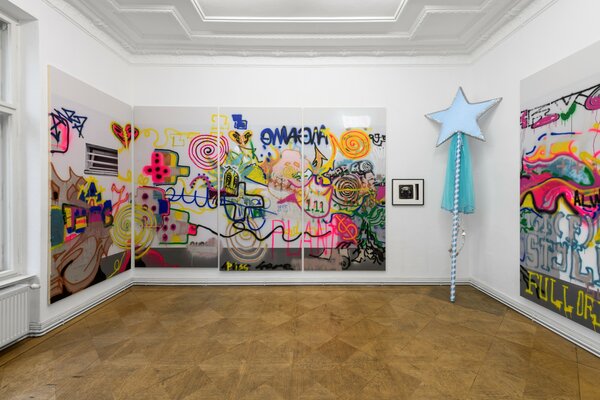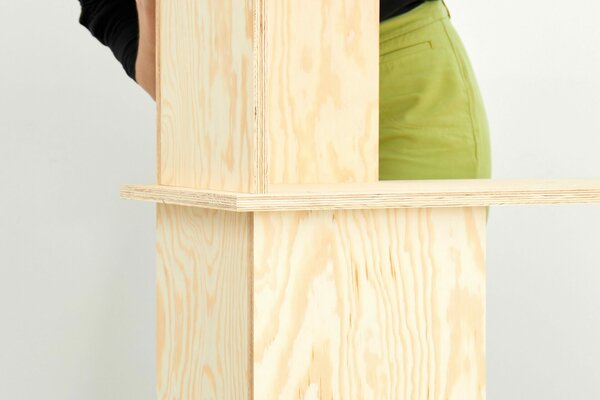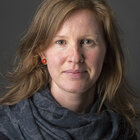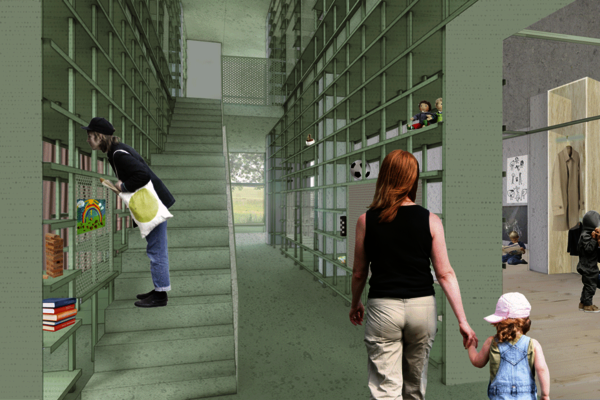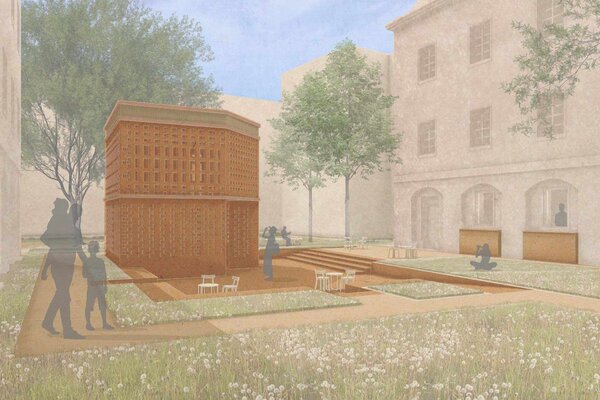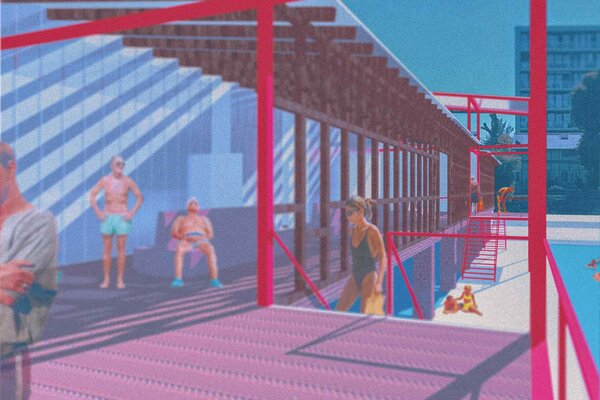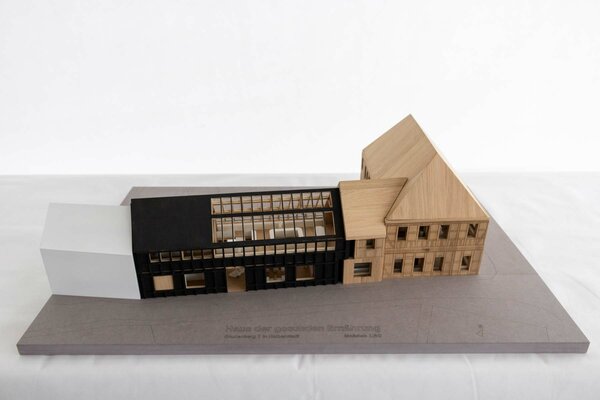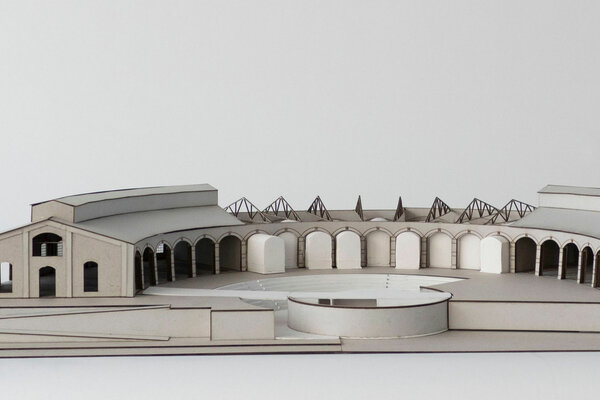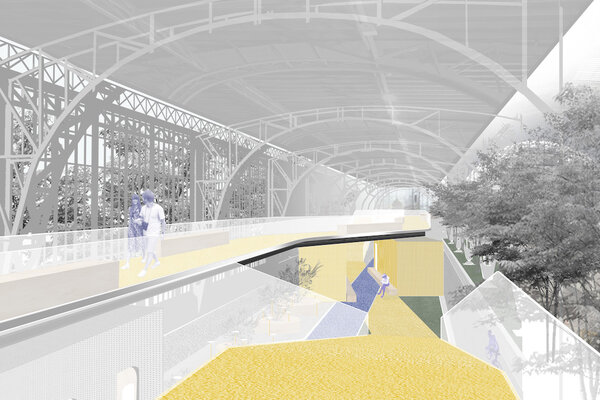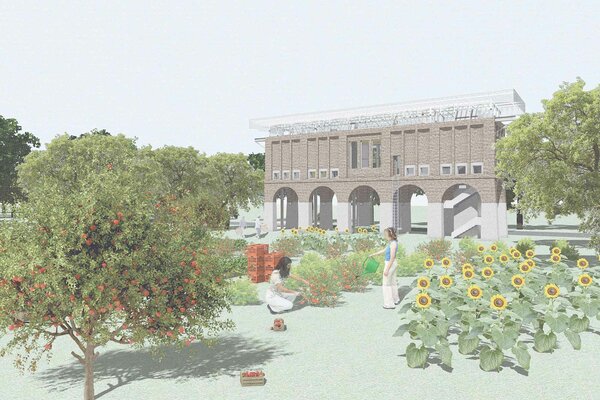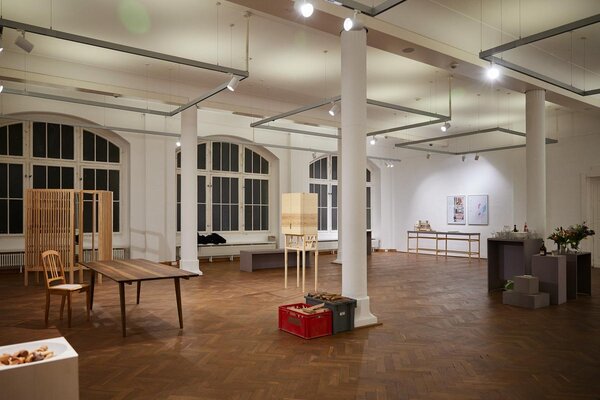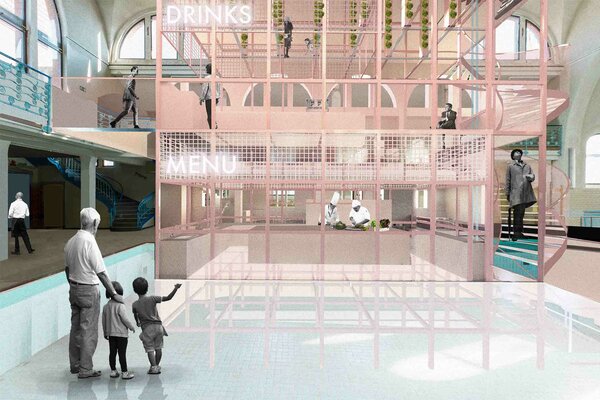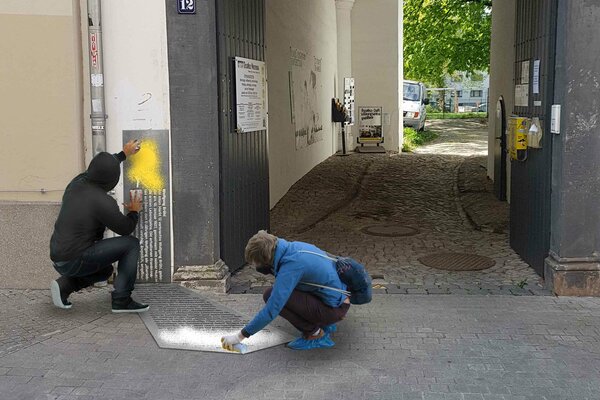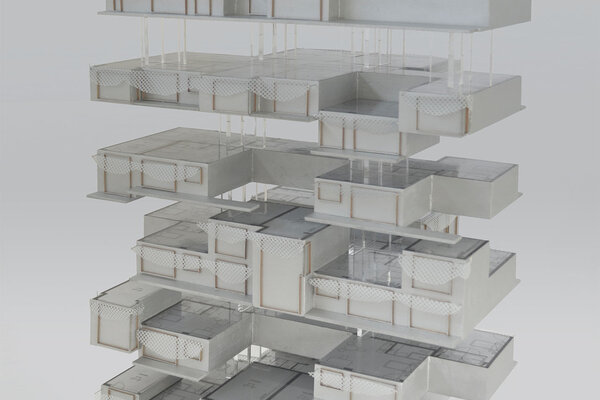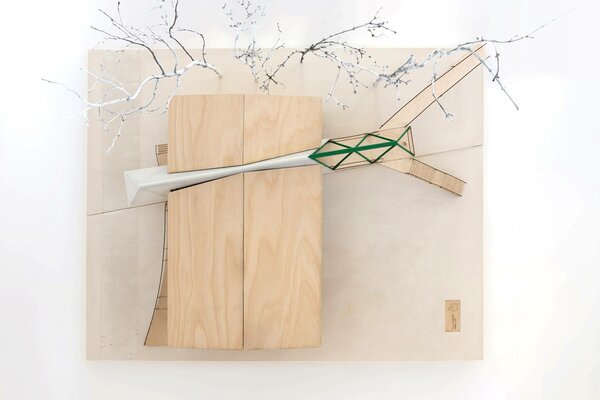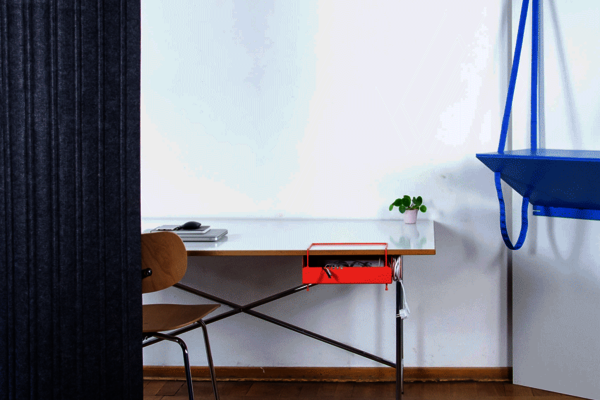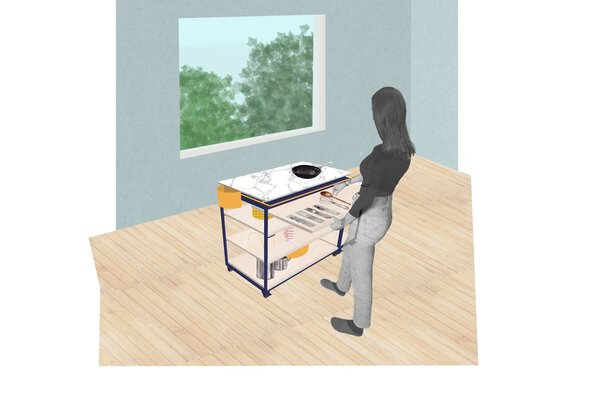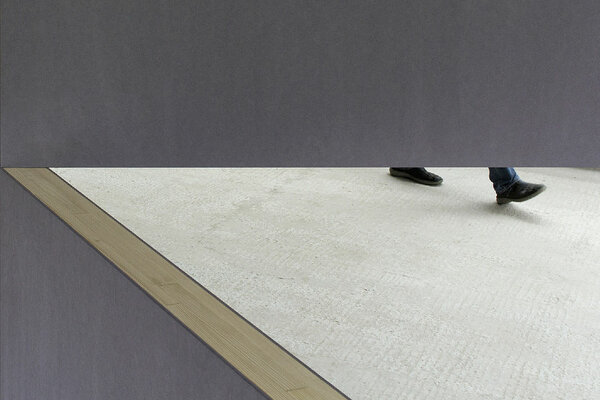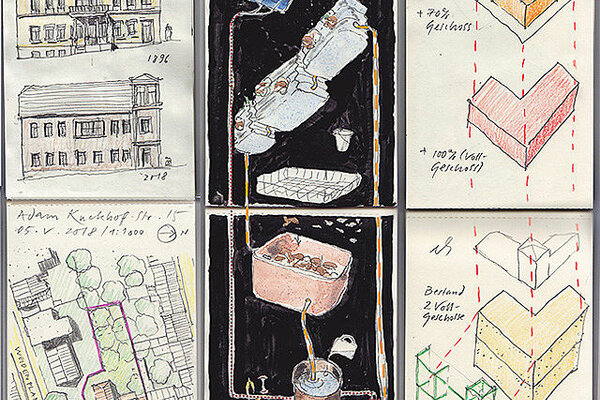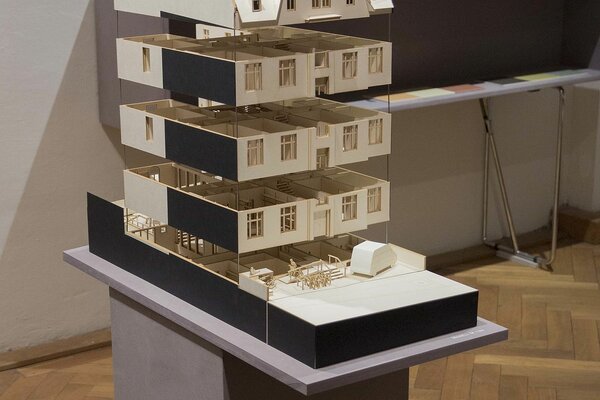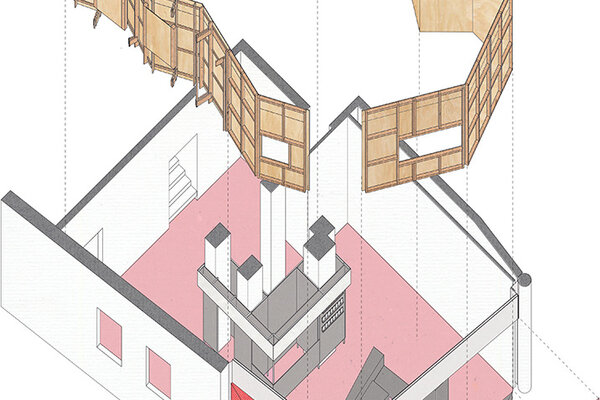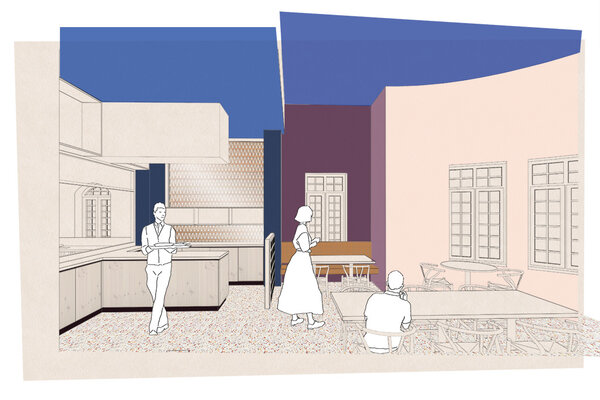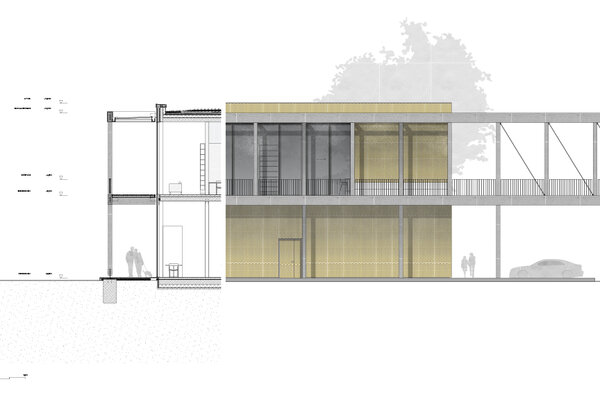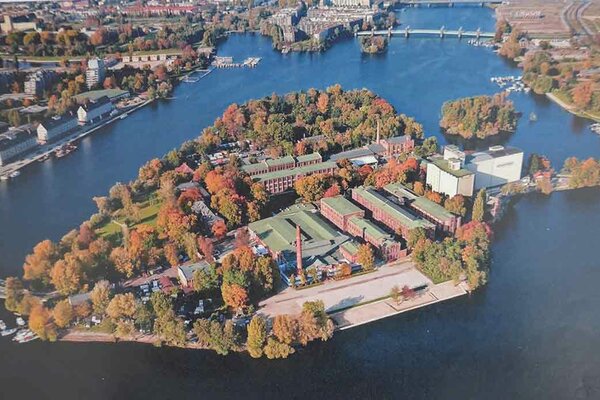The Interior Architecture department offers applicants two specialisations in its master’s programme:
- Interior Architecture
- Furniture and Interior Design
In both courses, theoretical and design aspects of the discipline are examined in detail and applied individually in project work. In each semester, students have the opportunity to select from a range of projects available and define their own personal study profile in this way.
Teaching content
In the projects available in Furniture and Interior Design, students work with all design fields that are relevant for interior architecture where planning permission is not required under building law in practice.
The projects in the Interior Architecture course are focused directly on the design of interior spaces in the private, commerical and public spheres. The range of project tasks covers the entire spectrum of the discipline of interior architecture: construction in existing buildings and the development of conversion plans and room concepts, as well as the design and planning of furniture and temporary buildings. These fields of activity are supplemented by task areas such as set design and the spatial implementation of complex corporate design strategies. Alongside the option of subsequent awarding of planning permission, the Interior Architecture course differs from the Furniture and Interior Design course in its higher degree of architecture-related complexity in particular.
Both specialisations prepare graduates for independent, practical and research-related work. The detailed development of graduates’ individual design repertoires, the sharpening of their standpoints and experimentation in line with their interests are essential elements of the profile of both of these courses.
Course of study
The master’s course can be completed in two, three or four semesters, depending on the knowledge and skill level of the bachelor’s course completed previously. In all cases, the course of study is completed by a one-semester master’s thesis, with the individual selection of a topic and the project profile already forming a part of the final examination. The diverse, but always complex master’s project tasks presented to the students previously during the course of study prepare them in an ideal manner to be able to define their own goals independently. In addition to the choice of design projects available, students also have the opportunity to select from the range of fields related to interior architecture, humanities and compact artistic/design course elements and can thus round off their programme in a manner befitting university study.
Prerequisites
The master’s courses are aimed at graduates with a bachelor’s or a ‘Diplom’ degree with an artistic/design emphasis. However, interested graduates of other disciplines who have relevant qualifications may also be admitted to a master’s course after taking the course-specific entrance test.
Degree
Master of Arts (M.A.)
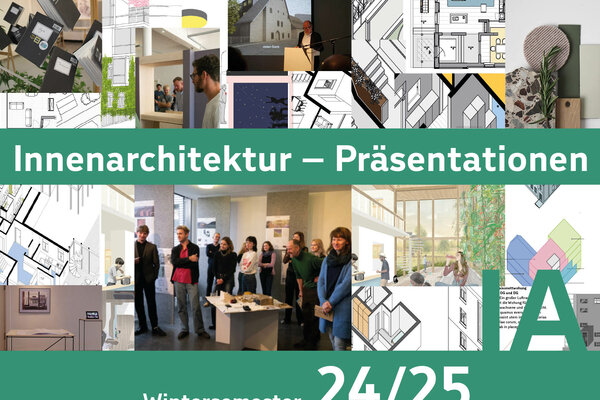
![[Translate to English:] Eine Person klappt eine sesselartige Sitzgelegenheit aus einem Trennwandelement heraus](https://www.burg-halle.de/home/_processed_/8/e/csm_RaumTeilen_Homepage4_75f3353ba9.jpg)
